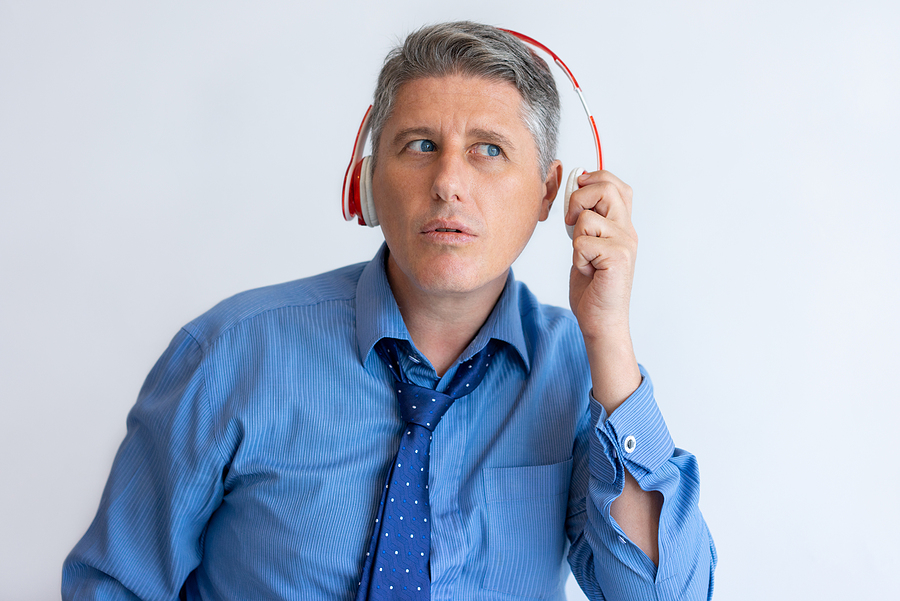Protecting Your Hearing by Monitoring Daily Noise Exposure

Daily exposure to noise is a common part of modern life, but it’s important to monitor and manage it to protect your hearing health. Excessive noise can lead to hearing loss, and being proactive can make a big difference.
Noise is measured in units called decibels (dB). The higher the decibel level, the louder the noise. Normal conversation is about 60 dB, while a rock concert can be over 120 dB. It’s crucial to understand that prolonged exposure to sounds above 85 dB can cause permanent hearing loss. This level can be encountered in many everyday situations, such as using a lawnmower or attending a sporting event. Knowing the decibel levels of common sounds helps you gauge when you might be at risk.
Recognizing Dangerous Noise Exposure
Sometimes, we don’t realize how much noise we’re exposed to daily. Noisy environments like construction sites, busy streets, and even household appliances can contribute to noise exposure. Hazardous noise exposure isn’t limited to loud places; even a noisy restaurant or a packed school gym can reach harmful levels over time. Use a sound level meter app on your smartphone to monitor these environments and get an accurate reading of noise levels.
Protecting Your Hearing in Loud Environments
When you find yourself in a loud environment, taking steps to protect your hearing is essential. Earplugs or noise-canceling headphones can reduce noise levels significantly. If you’re at a concert or a sports event, try to take breaks in quieter areas to give your ears a rest. Furthermore, positioning yourself further from the source of the noise can help. For example, standing away from speakers at a concert can lower your exposure to dangerous sound levels.
Listening to music or watching videos on your devices can also expose you to harmful noise levels. It’s important to keep the volume at a safe level. A good rule of thumb is the 60/60 rule: listen at no more than 60% of the maximum volume for no more than 60 minutes at a time. Using over-ear headphones instead of earbuds can also reduce the risk of damage, as they allow the sound to be spread out more evenly.
Importance of Regular Hearing Health Exams
Hearing health exams are vital for detecting issues early and maintaining good hearing health. If you regularly expose yourself to loud environments, getting these exams is even more important. A hearing health professional can assess your hearing and provide personalized advice on protecting your hearing. They can also catch early signs of hearing loss and address them before they worsen. Seeing a professional regularly ensures you stay on top of your hearing health.
Creating a Quiet Space at Home
Your home should be a sanctuary from noise. Creating a quiet space can offer your ears a much-needed break. Consider using heavy curtains, carpets, and soft furnishings that absorb sound. Double-glazed windows can also reduce outside noise significantly. Allocate a specific room or area dedicated to quiet activities, helping you relax and protect your hearing simultaneously.
Noise Monitoring Tools and Apps
Apps like Decibel X and Sound Meter are easy to use and can give you a quick reading of your environment’s noise level. Wearable technology, such as smartwatches, often includes noise monitoring features. Investing in these tools can provide valuable insights into your daily noise exposure, helping you make informed decisions about protecting your hearing.
